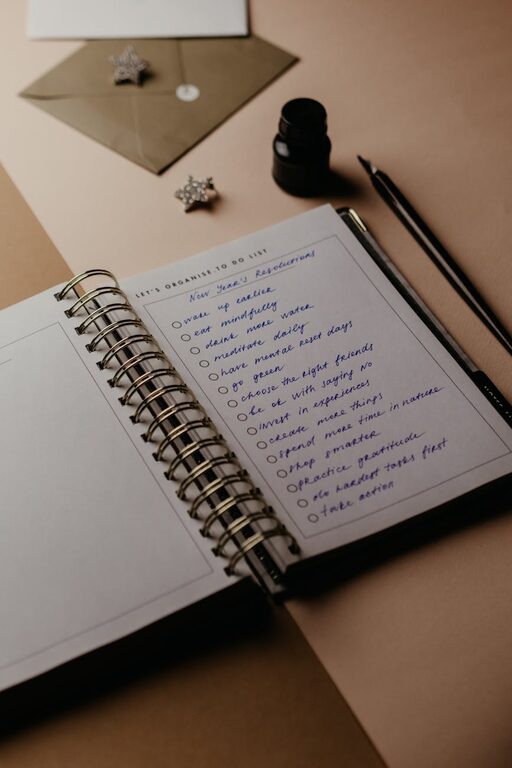Building new habits and sticking to them can be challenging, but with the right approach, tracking your progress and staying consistent becomes manageable and even enjoyable. Whether you want to exercise regularly, read more, or improve your diet, tracking habits helps you stay focused and motivated. In this post, we’ll explore practical strategies to track habits effectively and maintain consistency over time.
Why Tracking Habits Matters
Tracking habits gives you a clear picture of your progress. It creates accountability and helps identify patterns that can either support or hinder your goals. When you see your successes, even small ones, you feel motivated to continue. Conversely, tracking helps catch lapses early so you can adjust and stay on course.
Choosing Habits to Track
Start by choosing a few habits that align with your goals. It’s better to focus on small, specific actions rather than broad intentions. For example, instead of “eat healthier,” try “eat one serving of vegetables daily.” Limiting yourself to two or three habits initially increases the chance of consistency.
Tools for Tracking Habits
There are many tools available, from simple to advanced:
– Paper journals or planners: A classic method where you write down your habits and mark each day you complete them.
– Habit tracking apps: Apps like Habitica, Streaks, or Loop offer easy ways to log habits, send reminders, and visualize streaks.
– Spreadsheets: A customizable option where you can create your own habit tracker and analyze your data.
– Bullet journals: A creative and flexible method combining habit tracking with note-taking and planning.
Choose a tool that fits your lifestyle and preferences to make tracking easy and enjoyable.
How to Track Habits Effectively
1. Define Clear, Measurable Habits
Ambiguous habits are hard to track. Define habits with specific actions and measurable outcomes. For example, “drink 8 glasses of water” is easier to track than “drink more water.”
2. Set Realistic Goals
Start with achievable targets to build momentum. Trying to change too much at once can lead to burnout and frustration.
3. Track Daily
Try to record your habit completion every day. This keeps your progress fresh in mind and strengthens your commitment.
4. Use Visual Cues
Checkmarks, colored dots, or filled boxes on a habit tracker give satisfying visual feedback and can encourage you to keep going.
5. Review Progress Regularly
Set aside time weekly or monthly to review your habit tracking. Reflect on what’s working, what’s not, and adjust your habits accordingly.
Staying Consistent with Your Habits
Consistency is key to turning habits into automatic behaviors. Here are some tips to help you stay on track:
1. Build Habits into Your Routine
Attach new habits to existing routines. For instance, meditate right after brushing your teeth in the morning. This “habit stacking” makes it easier to remember and perform the habit.
2. Start Small
Small habits require less motivation and are easier to sustain. Gradually increase difficulty or frequency once the habit feels established.
3. Celebrate Wins
Acknowledge your efforts and celebrate milestones. This positive reinforcement makes habits more rewarding and increases your desire to keep going.
4. Use Reminders and Triggers
Set alarms, use sticky notes, or place objects as reminders of your habit. These triggers prompt you to take action.
5. Be Kind to Yourself
Missing a day or two doesn’t mean failure. Avoid negative self-talk and instead focus on getting back on track.
Overcoming Common Habit Tracking Challenges
Missing Days
If you miss a day, don’t get discouraged. Simply resume tracking the following day. Some apps have features that encourage continuous streaks but also recognize the importance of restarts.
Losing Motivation
Revise your goals if your motivation wanes. Sometimes the habit may need scaling back or tweaking to fit your current life circumstances.
Overcomplicating Tracking
Keep your tracking system simple and straightforward. Complex or time-consuming systems can become a burden.
Final Thoughts
Tracking habits and staying consistent is a process that improves with practice and patience. By setting clear goals, choosing the right tools, and being kind to yourself, you’ll develop lasting routines that support your personal growth. Remember, every small step counts on your journey to positive change!
—
If you found these tips helpful, try starting a simple habit tracker today and watch how small daily actions add up to big results over time!

